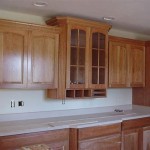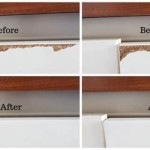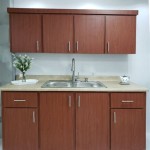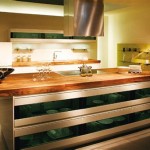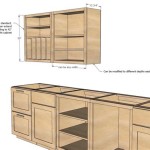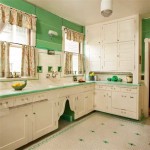Cover Kitchen Cabinets With Contact Paper: A Comprehensive Guide
Transforming the look of your kitchen cabinets without breaking the bank is now possible with contact paper. This affordable and easy-to-apply material offers a wide range of colors, patterns, and textures to match any décor. Whether you're aiming for a quick refresh or a more substantial makeover, covering kitchen cabinets with contact paper can be an effective solution.
Materials Required:
- Contact paper in the desired color and pattern
- Measuring tape or ruler
- Utility knife or scissors
- Smoothing tool (e.g., credit card or squeegee)
- Cleaning solution (e.g., rubbing alcohol or isopropyl alcohol)
Step-by-Step Instructions:
1. Preparation:Begin by thoroughly cleaning the cabinet surfaces with a cleaning solution to remove any dust, grease, or residue. Allow the surfaces to dry completely before proceeding.
2. Measuring and Cutting:Measure the surface area of each cabinet door or drawer front and cut the contact paper accordingly, leaving an excess of a few centimeters on all sides. Use a sharp utility knife or scissors to ensure precise cuts.
3. Application:Peel back a small portion of the backing paper from one corner of the contact paper. Align the exposed adhesive side with the top edge of the cabinet surface and slowly smooth it down, using a smoothing tool to eliminate any air bubbles or wrinkles. Continue peeling the backing paper and applying the contact paper in sections until the entire surface is covered.
4. Trimming Excess:Once the contact paper is applied, use a utility knife or scissors to carefully trim away any excess material around the edges. Ensure that the cuts are clean and flush with the cabinet surface.
5. Finishing Touches:For a seamless finish, apply a thin bead of clear caulk around the edges of the contact paper where it meets the cabinet surface. This will help seal any gaps and prevent the contact paper from peeling over time.
Tips for Success:
- Choose a contact paper that is specifically designed for kitchen surfaces and is heat-resistant.
- Use a clean, dry sponge or cloth to wipe down the contact paper as you apply it to prevent fingerprints or smudges.
- If any air bubbles appear during application, use a pin or needle to gently release the trapped air and smooth it out.
- Allow the contact paper to completely dry before using the cabinets to ensure a strong bond.
- Clean the contact paper regularly with mild soap and water to maintain its appearance.
Benefits of Covering Kitchen Cabinets with Contact Paper:
- Cost-effective solution for updating kitchen cabinets
- Wide variety of colors, patterns, and textures to choose from
- Easy to apply and remove, allowing for quick and easy style changes
- Protects cabinet surfaces from scratches, stains, and moisture
- Can be used to create custom designs or match existing décor
Conclusion:
Covering kitchen cabinets with contact paper is a versatile and cost-effective way to transform the look of your kitchen without the need for major renovations. By following the steps and tips outlined in this guide, you can easily achieve professional-looking results that will enhance the style and functionality of your kitchen.

How To Update Cabinets Using Contact Paper Al Kitchen Makeover Cover

Diy Kitchen Cabinet Makeover L And Stick Contact Paper Cabinets

Spruce Up The Outside Of Your Kitchen Cabinets With Contact Paper Offbeat Home Life

Contact Paper In The Kitchen 5 Places

Diy Kitchen Cabinet Makeover L And Stick Contact Paper Cabinets

How To Update Cabinets With Contact Paper The Handyman S Daughter

When Your Landlord Says Paint Is Out Of The Question Try Contact Paper For Cabinets Domino

How To Make Over A Kitchen With Contact Paper Covering Cabinets Countertops And Appliances

How To Update Cabinets With Contact Paper The Handyman S Daughter
Temporary Contact Paper Kitchen Cabinet Decorations Pink Stripey Socks
Related Posts

